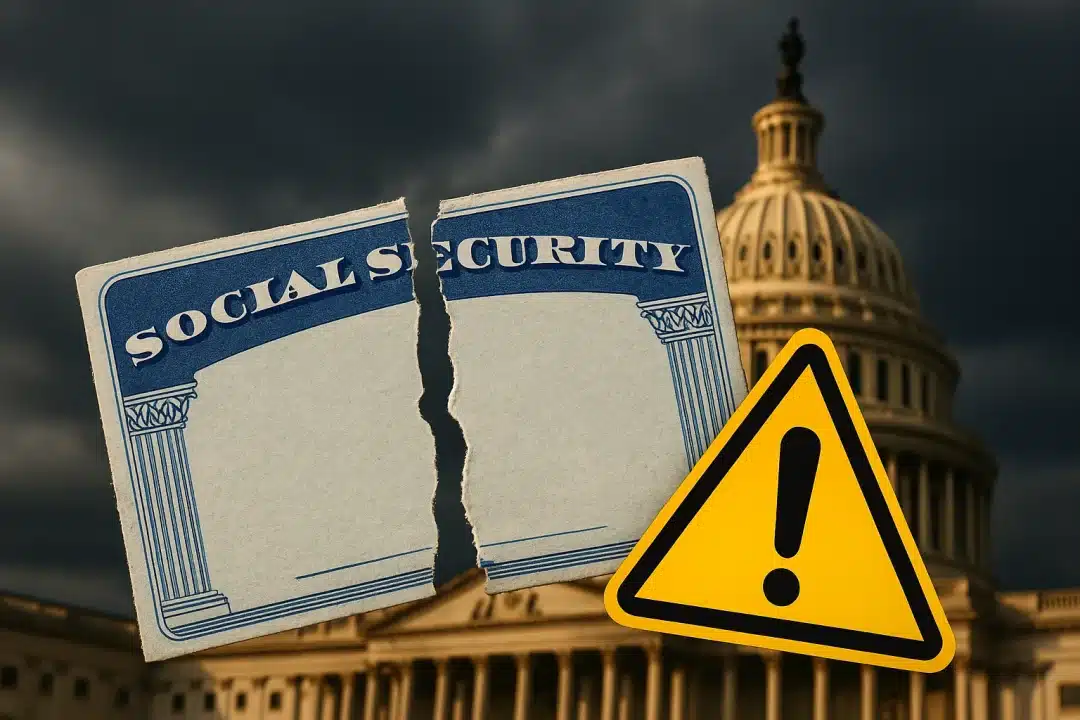It occurs to me that the music critic is a relatively useless profession, providing the reader with meaningless information fairly regularly.
Theatre and movie critics can help you decide if you want to invest two or three hours of your life plus admission to a film or play.
Book critics can help you to decide if a book is worth an even more sizeable investment of time plus purchase price.
Food critics serve a similar function in the restaurant business.
But a music critic? Most songs run about four minutes and rarely does a person just sit and listen to music. As a result, determining whether a song is excellent and worthy of purchase is hardly an investment in time.
Add to this that most songs are available for free on the radio, the Internet, or in thirty-second snippets at an online music store, and the monetary investment in determining worth is almost nonexistent. Why would we need a music critic to defend or destroy the value of a song when we can usually decide for ourselves in less time than it takes to bring out the garbage?
My wife argues that music critics often introduce listeners to new music, but with Pandora, Last FM, iTunes’ Genius functionality, and the good old-fashioned radio, do we even require this service today?
Worse still, music critics seem obsessed with writing about why one musician is being real or achieving authenticity while another sounds too commercial or inauthentic. They spend time disaggregating the politics behind a Guns N’ Roses song or the symbolism in a Prince tune when all we really want them to do is tell us if the album is any good, and even that is a stretch.
I like culture and music critic Chuck Klosterman a lot and think his new collection of essays, Eat the Dinosaur, is outstanding (his essay on football is damn near perfect), but I don’t think I’ve ever heard words like modernity and authenticity used more often than in his essays about ABBA, Weezer and Kurt Cobain.
There comes a point when it’s just music, man. It sounds good, or it doesn’t, and no amount of “millennial irony” or “post-modern sensibility” will change that.





